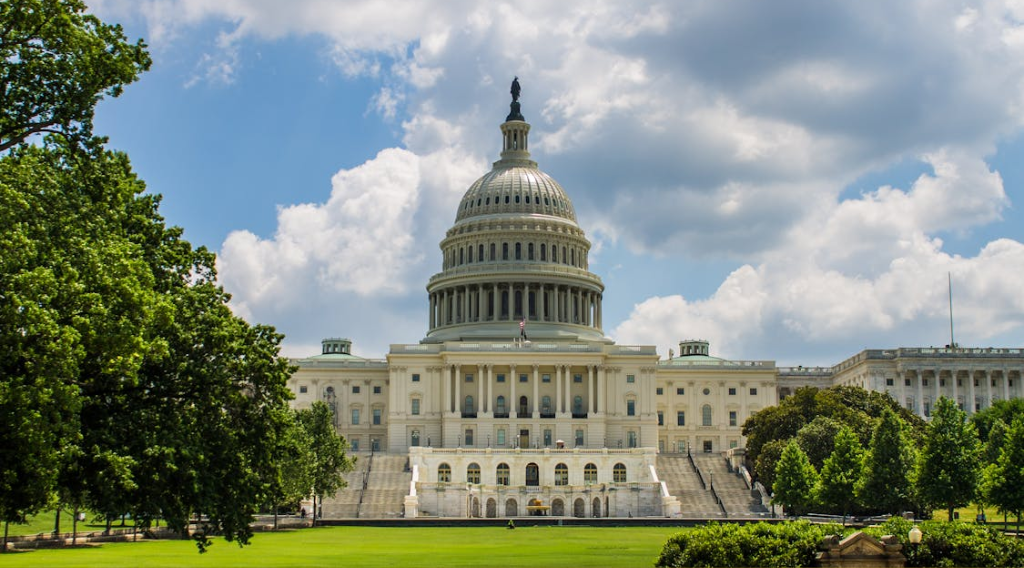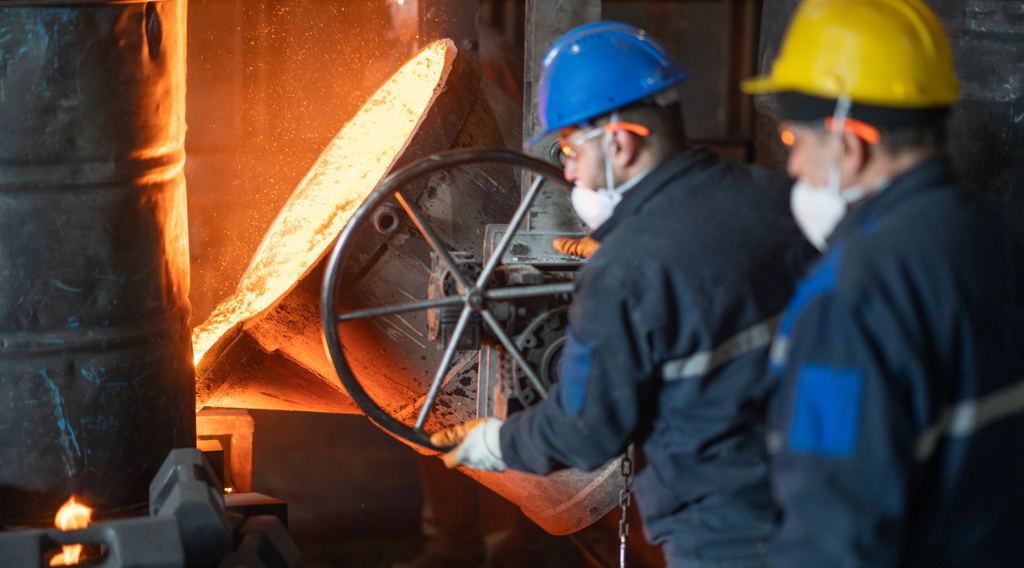 New legislation introduced by Senator Jay Rockefeller of West Virginia will benefit the environment and economy, drive innovation in critical energy technology, and increase energy security.
New legislation introduced by Senator Jay Rockefeller of West Virginia will benefit the environment and economy, drive innovation in critical energy technology, and increase energy security.
How? Through an expanded and reformed federal tax credit for companies that produce CO2emissions to capture that CO2 and send it to oil fields for use in enhanced oil recovery (CO2-EOR). This decades-old, commercially proven practice safely stores injected CO2 underground as additional oil is produced.
CO2-EOR can boost U.S. oil production from existing oil wells by billions of barrels—in place of more carbon-intensive oil we will otherwise import—while storing billions of tons of CO2.
Legislation has broad-based support from key constituencies
The legislation incorporates consensus recommendations developed by the National Enhanced Oil Recovery Initiative (NEORI), an unusually broad coalition of industry executives, environmental and labor representatives, and state officials, working to advance CO2-EOR with CO2 captured from U.S. power plants and industrial facilities. This diverse support for CO2-EOR and the Rockefeller legislation is especially significant given the lack of consensus on so many other national energy policies today. The Great Plains Institute co-convenes NEORI with the Center for Climate and Energy Solutions (C2ES).
Transforming CO2 from carbon liability to economic asset
By providing a market and productive use for CO2, EOR offers a source of revenue and business model for industries to capture and manage their CO2 emissions, turning an environmental problem into an economic and energy solution.
Tax credit will reduce carbon capture costs and drive innovation
Important commercial examples already exist of various industries capturing CO2 for use in EOR. However, the cost of capturing and transporting that CO2 usually exceeds what the EOR industry can pay. Similar to development of other energy technologies, carbon capture must be deployed more frequently and at larger scales to bring costs down.
Senator Rockefeller’s legislation would allow businesses to bid competitively for tax credits that enable them to capture and sell CO2 at a market price EOR operators can pay. By closing the current “cost gap”, the tax credit will help companies develop and deploy carbon capture projects, driving innovation in this critical area of technology.
Multiple industries can benefit
This legislation creates opportunities beyond coal and natural gas-fired power plants. Ethanol, fertilizer, and chemicals production; natural gas processing; refining; and cement and iron and steel manufacturing all produce CO2 that can be captured, transported and used for EOR in oil fields across the country. These industries, too, qualify for tax credits under the legislation.
An economically, environmentally and fiscally smart approach
Analysis completed by NEORI concludes that the tax credit in the Rockefeller bill would produce over 8 billion barrels of oil over 40 years, while storing 4 billion tons of CO2. The same analysis shows that the tax credit more than pays for itself, with net revenue from new oil production exceeding $80 billion for the federal government over the same period. States will also benefit through increased jobs, economic development, and revenues in areas where oil production would otherwise decline.
GPI commends Senator Rockefeller for introducing this important legislation to help reduce emissions, increase domestic energy production, create jobs, and deploy carbon capture technology.



